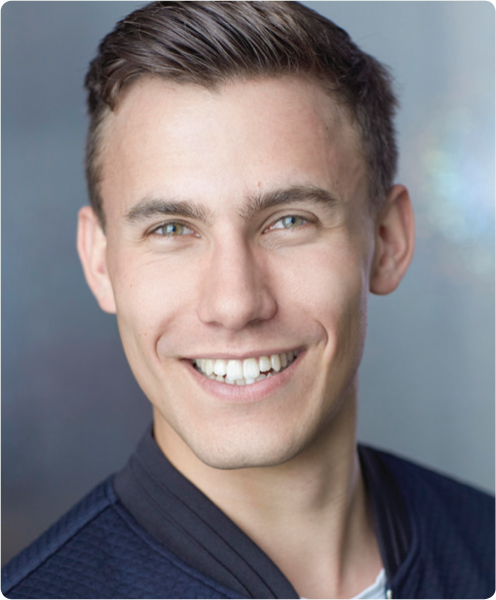
During a recent practical session at university, we focused on our intubation skills. After practising regularly on manikins, I was becoming confident in my abilities. In this particular simulation, we not only had to intubate, but perform suction as well on a compromised airway. The manikin was explicitly designed for this scenario. It pumped fluid, a red-coloured vinegar solution, from the stomach into the oral cavity, flooding it and blocking the view of the crucial landmarks required for endotracheal intubation.
The increasing complexity of the task before me and the pressure of being watched by peers and staff felt suddenly daunting. As the relentless rise of fluid continued to obscure sight of the airway, my distress intensified. As the seconds passed, I became more flxated on my inadequacy. It was not until my lecturer reminded me to breathe and take a step back that I noticed my problem. The suctioning was clearing the fluid, but the laryngoscope was positioned incorrectly and the tongue blocked the view of the vocal folds. After successfully adjusting the laryngoscope, I had a clear view and was able to intubate correctly. Relief washed over me as the lungs started to expand with every ventilation.
As a paramedic student, one of my biggest fears has been fear of failure–I dread what others will think of me, and I can doubt my competence as a paramedic. Simple tasks become intimidating, and an occasional but overwhelming feeling of reluctance and trepidation make it challenging to attempt new skills. Recently, I have been inspired by reading, Black Box Thinking by Matthew Syed. This book has drastically changed my perspective on failure. It has made me realise that failure is an essential part of the learning experience. Failure allows us to question our understanding and our reasoning. With the right mindset, we can use failure to our advantage.
Unfortunately, today's society does not embrace failure. It is generally regarded as a weakness. At home and at work, we are reluctant to admit our mistakes. We find excuses to protect our integrity, rather than using failure as a chance to learn. If we can own up to our weaknesses and inhabit a workplace where discussion of failure is encouraged, we can sharpen our skills and increase our confidence.
My intubation simulation was not perfect. It would have been easy to find excuses for under-performing, but this would have been a wasted learning opportunity, so I embraced my mistakes. For the rest of the session, I continued to practise my technique, becoming more confident with each attempt. Recognising failure and being prepared to understand why it occurred, allowed me to improve.
To fellow students and paramedics alike, I say welcome failure with open arms. Daunting as it may seem, we must dare to question the reasoning behind our mistakes, and recognise them as excellent learning opportunities. They are not events that should be cast aside. Failure comes in all shapes and sizes. In our profession, mistakes and ill-judged decisions can have detrimental effects on the lives of patients and on our own lives. But by reflecting on our actions and being proactive in our training and at work, we can continue to educate and inform ourselves, even in grievous circumstances. Failure does not block our way. Instead, it can propel us towards excellence. As Albert Einstein said, ‘Failure is success in progress’.

